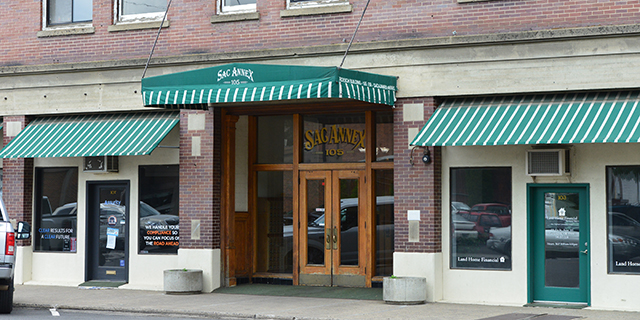HEALTH CARE HAPPENINGS: GRH Auxiliary meeting to focus on annual compliance
Published 10:03 am Friday, March 14, 2014
GRH Auxiliary meeting tofocus on annual compliance
The Grande Ronde Hospital Auxiliary meeting will be held at 9:30 a.m. Monday at the city hall building in Island City.
The meeting will focus on annual compliance education and will begin with a social at 9 a.m.
SCHD holding work session
to focus on Elgin clinic
The South County Health District will be conducting a work session at 6:30 p.m. Tuesday at the Union Family Health Center to discuss operations of the Elgin Health Clinic.
The public is welcome to attend.
Future of Public Health Task Force meets Wednesday
The fourth public meeting of the Public Health Task Force will meet at 9 a.m. Wednesday in Room 1E of the Portland State Office Building, 800 NE Oregon St., Portland.
The meeting agenda includes developing an understanding of governmental public health financing, learning about other models for delivering governmental public health and discussing key elements for delivering governmental public health services.
To participate by phone, call 1-888-363-4734 and use code 295577.
The task force is made up of 15 members appointed by the Oregon Legislature, the governor, and the directors of the Oregon Health Authority and the Department of Human Services.
Blood test to predict Alzheimer’s disease
A blood test shows promise in predicting whether a patient is at risk for early dementia and Alzheimer’s disease. The blood test looks for biomarkers, in this case 10 lipids (fats) commonly found in the blood of patients who later developed the degenerative disease.
Researchers conducted a study that followed 525 people age 70 and older. After three years, 53 of those patients were diagnosed with either Alzheimer’s disease or early dementia that usually precedes the disease. After analyzing their blood, researchers found the common denominator, 10 lipids that were at lower levels than in healthy patients. Researchers tested the stored blood of 10 healthy people, but who later developed dementia over three years. Nine out of 10 of those tested positive.
This test provides a simple and affordable method of screening for dementia and Alzheimer’s disease, unlike PET scans that are currently performed to measure at-risk patients. Before the new blood test can become a commonly ordered blood panel at your local physician’s office, it needs to be implicated in other labs and with a larger number of patients. But when it becomes available, seniors will have an opportunity to know in advance what their future holds and consider early treatment.









